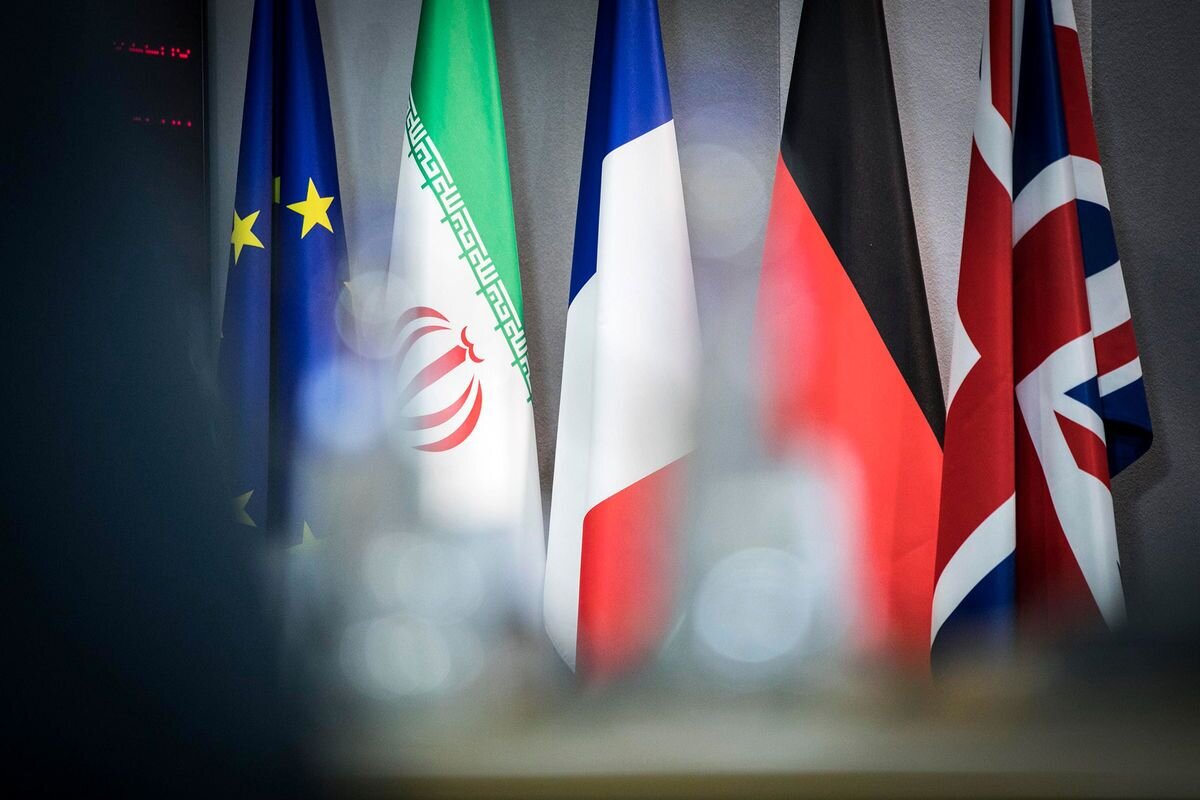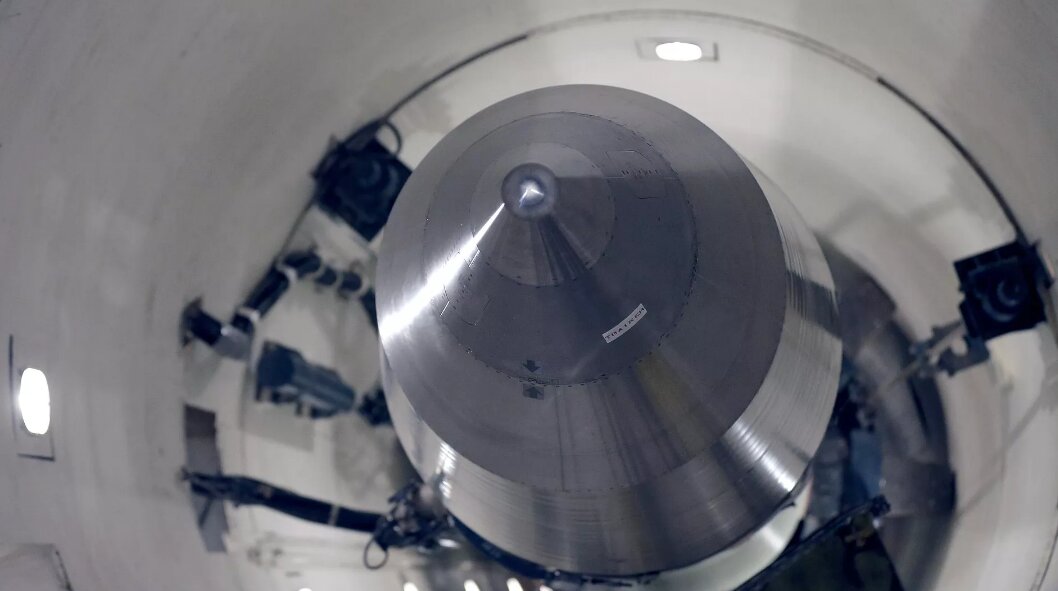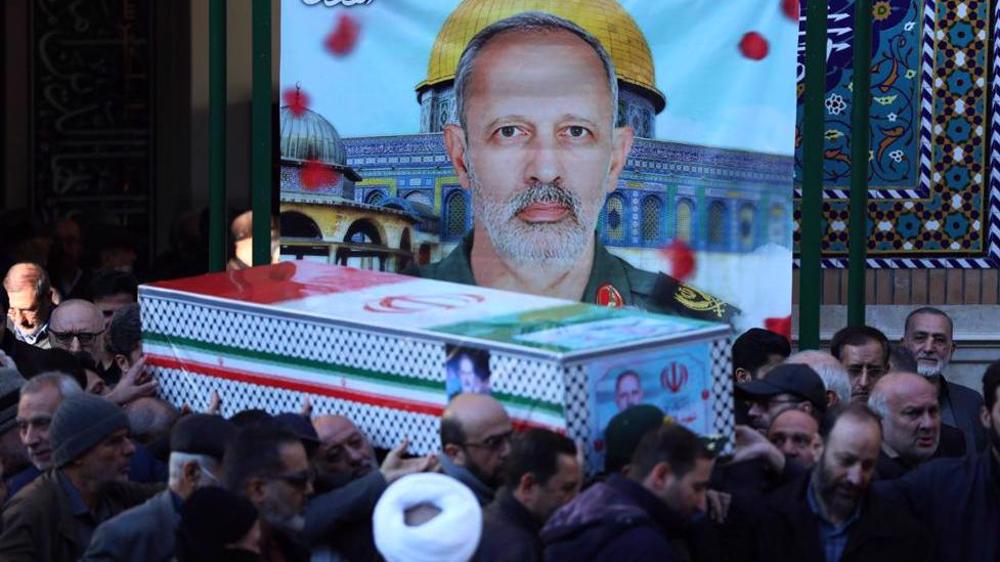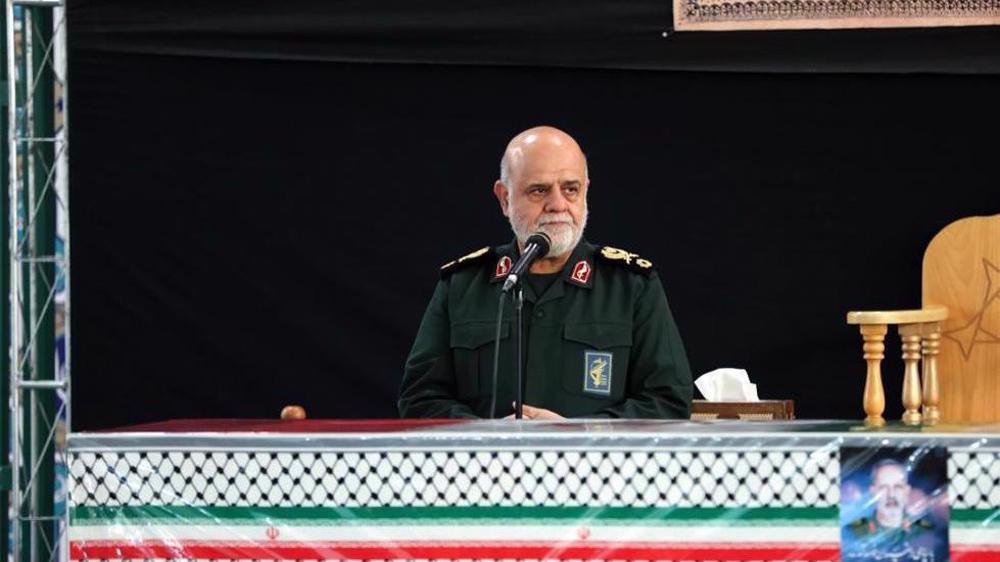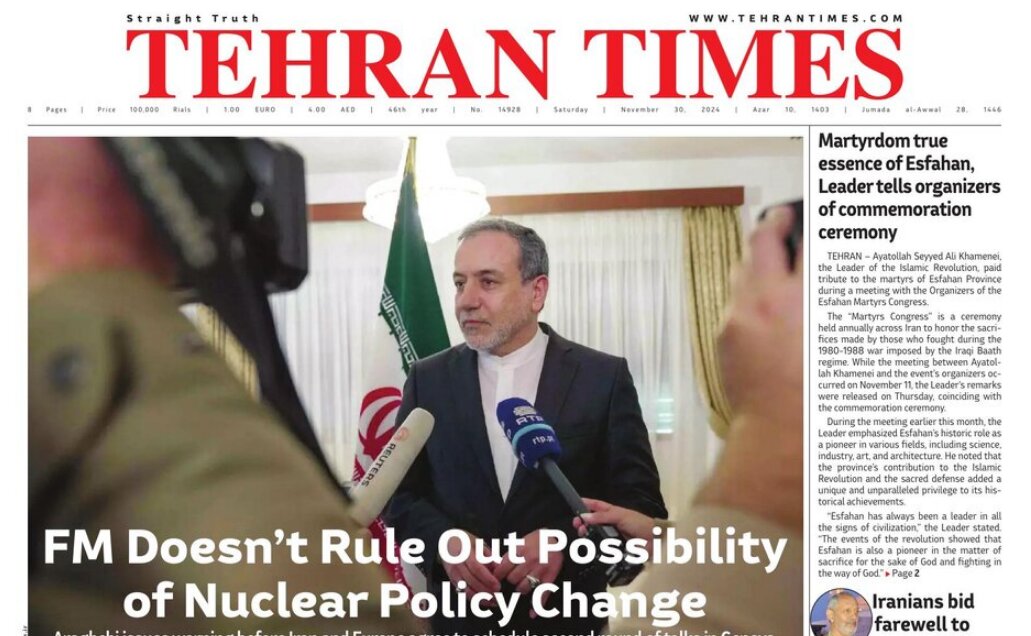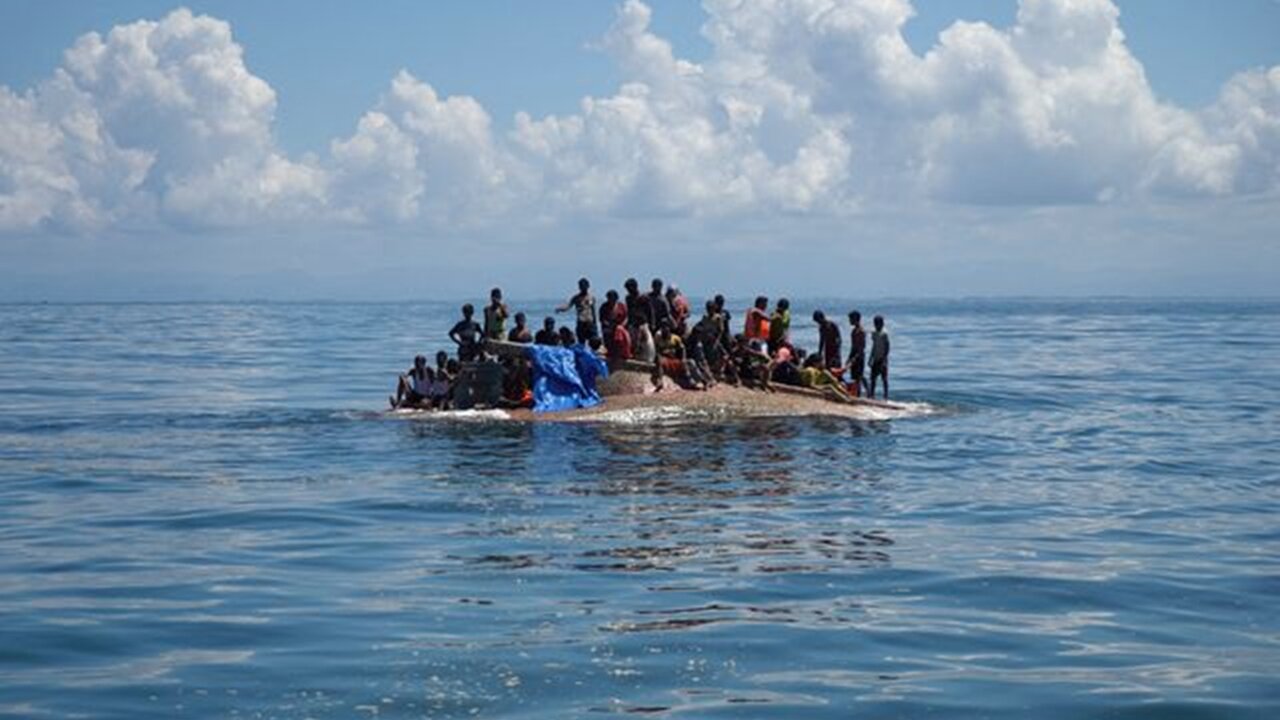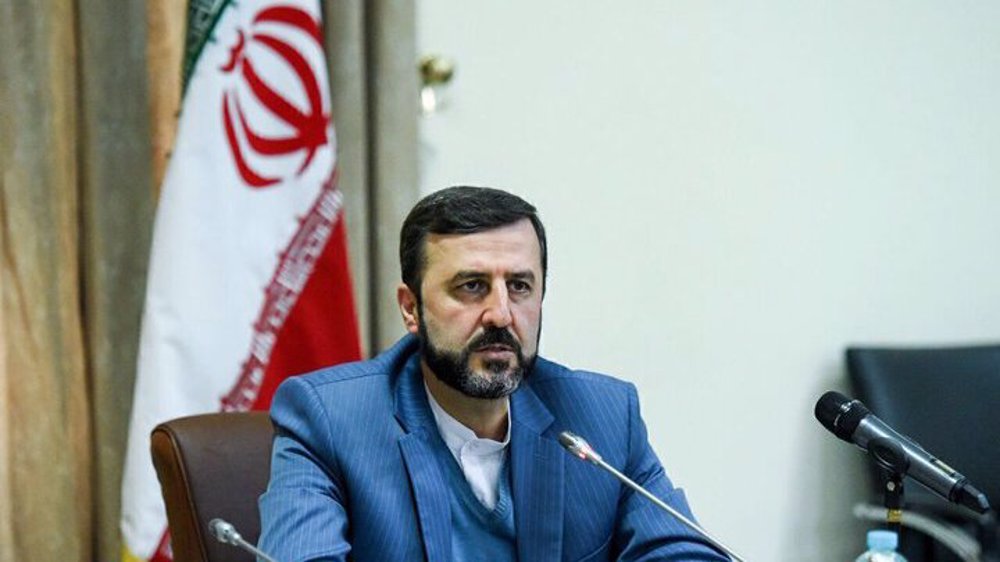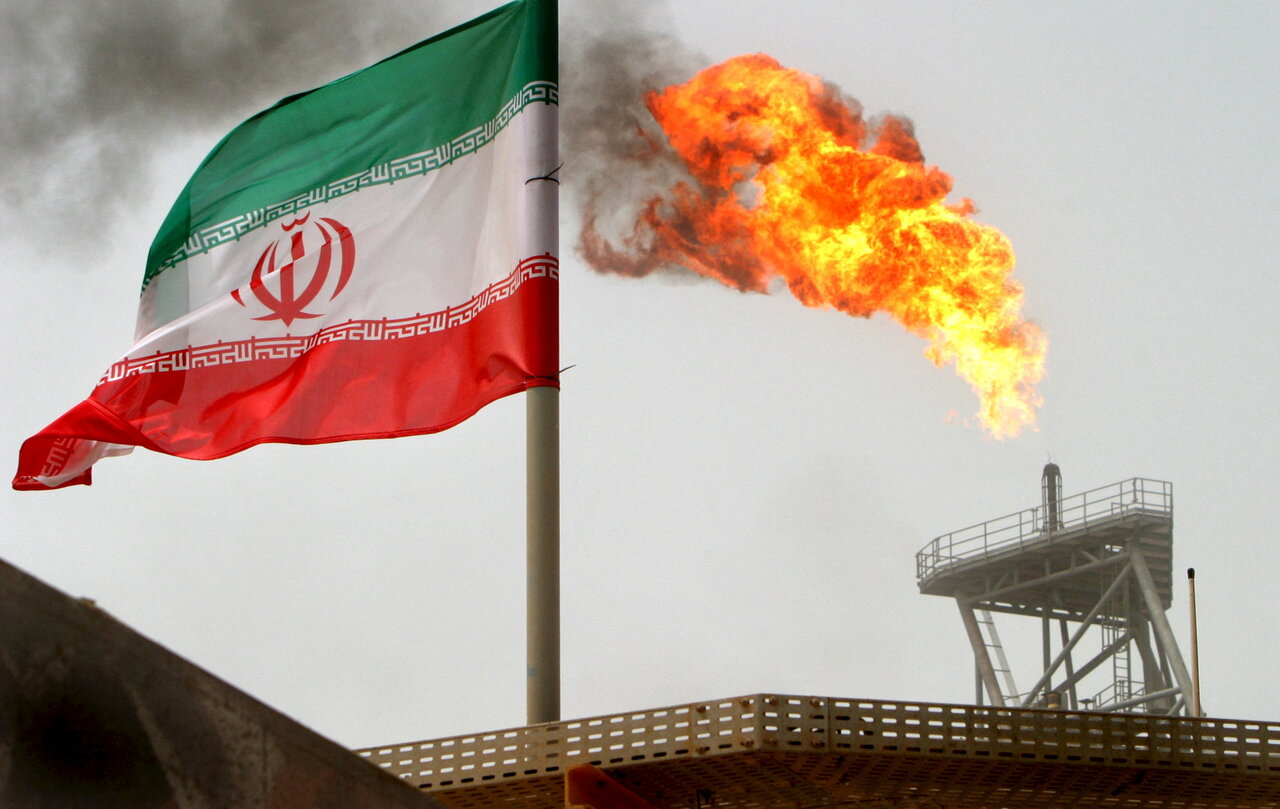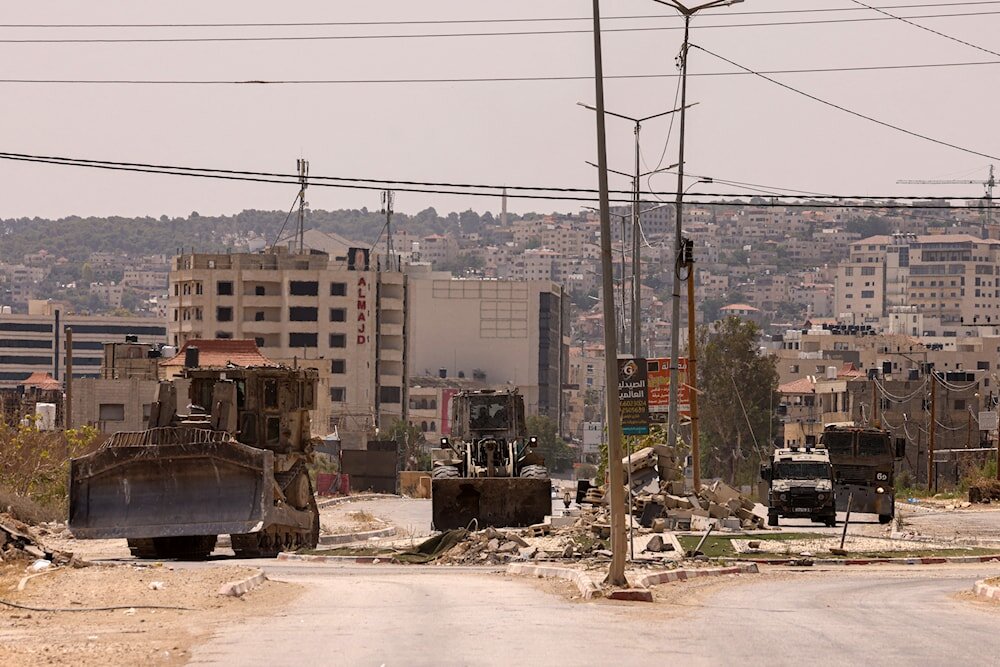Iran’s long-standing nuclear doctrine, which bans the development of weapons of mass destruction including nuclear weapons, is a policy based on a fatwa from Leader of the Islamic Revolution Ayatollah Seyyed Ali Khamenei.
The Leader’s decree was issued about two decades ago when Western states had just begun pressuring Iran over its peaceful nuclear program. Fatwas, however, can be changed. There are four elements that factor into changing a fatwa: time, place, people, and prevailing conditions.
Since Ayatollah Khamenei banned the development of nuclear weapons, Iran has tried varying routes to solve its nuclear dispute with the West. It continued its nuclear activities unbothered, sat down with the West and inked a deal, watched the West shun the deal, began talks to revive the deal, and scaled back on own its commitments when revival negotiations did not come to fruition. The route Iran is walking now seems to be shaky. The country is torn between scrapping the Joint Comprehensive Plan of Action (JCPOA) completely or continuing efforts to bring it back to life. If the latter doesn’t work, the first option is expected to be taken sooner or later.
Talking to reporters in Lisbon, Portugal, Araghchi said Iranians are increasingly growing skeptical of prospects of reaching common grounds with the West.
“There is a debate right now in Iran that it was perhaps a wrong policy. Why? Because it proved we did whatever they wanted and when it was their turn to lift sanctions, in practice, they didn’t happen. So maybe something is wrong with our policy,” the top diplomat was quoted by the Guardian as saying. “So, I can tell you, quite frankly, that there is this debate going on in Iran, and mostly among the elites – even among the ordinary people – whether we should change this policy or not, whether we should change our nuclear doctrine, as some say, or not because it has proved insufficient in practice.”
Relentless pressure and unchecked audacity
When former and incoming US President Donald Trump announced Washington’s withdrawal from the JCPOA three years after its establishment in 2015, European signatories to the deal threw their weight behind Iran. While Germany, Britain, and France couldn’t cushion Iran against the re-imposed U.S. sanctions, they at least did not try to bother Iran with shenanigans of their own.
That modus operandi, however, did not last long. Europe has imposed various sanctions against Iran in the past two years, including bans on its shipping and airline industries. Its pretext: Iran’s alleged involvement in the Ukraine war, a claim Europeans have never managed to back up with evidence of any sort. This shift in European policy is further exemplified by their actions at the International Atomic Energy Agency (IAEA).
The E3 has secured several anti-Iran resolutions at the IAEA, the most recent on November 22nd. These censures condemn Iran’s “insufficient” cooperation under the JCPOA, ignoring the unfulfilled Western promise of sanctions relief—the key condition for Iran’s agreement to the deal. Tehran reacted by deploying new advanced centrifuges.
The EU also passed a resolution against Iran on Thursday, a day before European and Iranian representatives gathered in Geneva for talks on nuclear and regional matters. The resolution condemned the “growing and systematic repression of women in Iran”. Critics noted the hypocrisy, given the EU’s support for Israel’s brutal murder of women and children in Gaza and Lebanon in the past 14 months.
Ball in EU’s court
Iranian and European officials released few details from Friday’s meeting. But following the meeting, Iran’s Deputy Foreign Minister for Legal and International Affairs Kazem Gharibabadi said the two sides have agreed to schedule a new round of talks, before suggesting that Europe still has some time left to prevent Tehran from potentialy going nuclear.
“Another round of candid discussions with political directors of France, Germany, and the UK. We discussed and took stock of recent bilateral, regional, and international developments, particularly nuclear and sanctions-lifting issues,” Gharibabadi wrote on X, adding “We are firmly committed to pursuing the interests of our people, and our preference is the path of dialogue and engagement.”
First published in Tehran Times
